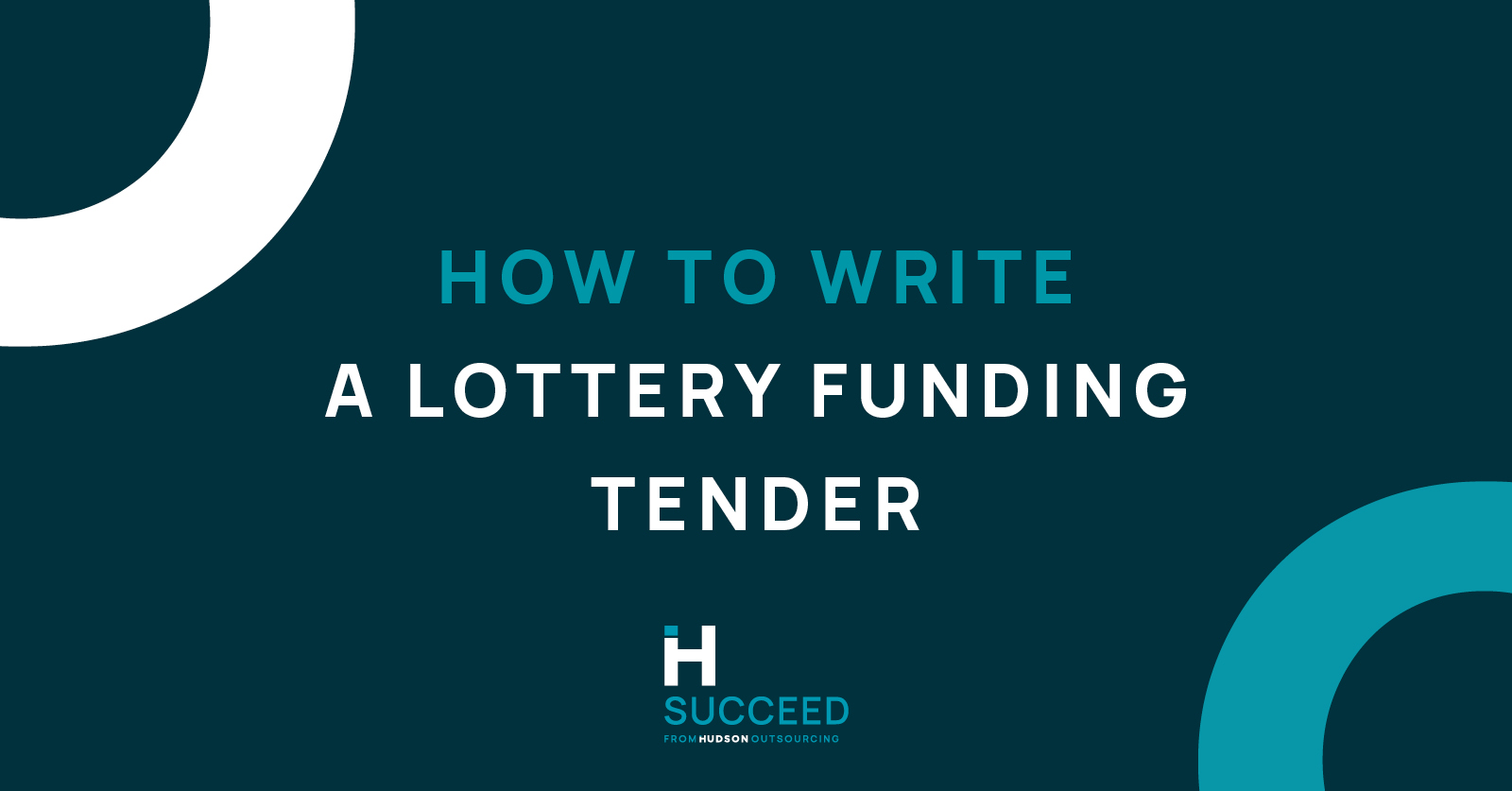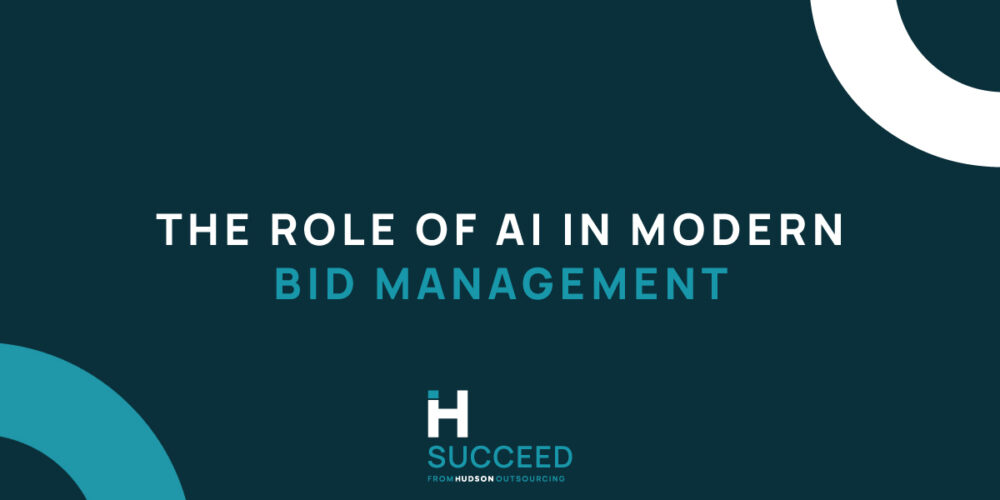Writing a Lottery Funding Tender
Last updated: Dec 17, 2021 @ 12:59 pm
The National Lottery funds over £600million per year to communities across the UK. Bid Writing for Lottery Funding varies depending on the grant you are tendering for.
How you write your bid will change depending on which of the Lottery funding options you are targeting. The National Lottery Community Fund (previously known as the ‘Big Lottery Fund’) splits it’s opportunities down as follows:
- Funding under £10,000
- Funding over £10,000
Lottery Funding under £10,000
National Lottery Funding can help make a difference in your community.
National Lottery Awards for all provides funding opportunities from £300 to £10,000 to support what matters to people and communities.
The National Lottery will fund organisations with great project ideas that:
- Shape the places and spaces that matter to communities
- Bring more people together and build strong relationships in and across communities
- Enable more people to fulfil their potential by working to address issues at the earliest possible stage
Who is allowed to apply?
You can apply for lottery funding under £10,000 if your organisation is a:
- voluntary or community organisation
- registered charity
- constituted group or club
- not-for-profit company or community interest company
- social enterprise
- school
- statutory body (for example: town, parish and community council)
What kind of things can I apply for?
With these grants, the National Lottery is willing to fund:
- Equipment
- One-off events
- Small Capital Projects
- Staff Costs
- Training Costs
- Transport
- Utilities / Running Costs
- Volunteer Expenses
You should note that if your project requires things that aren’t on this list, you should still get in touch. We can work with the National Lottery Community Fund to agree if they will fund your requirements.
Great, this is for me! How do I apply?
Your application for the Lottery Fund – Awards for All begins with you confirming the location your project idea will be delivered:
- England
- Scotland
- Wales
- Northern Ireland
You should note here that lottery funding does not cover projects outside of the UK.
You will then need to write a comprehensive bid for the lottery funding which covers the following information:
Contact Details
You will need to give the names, contact details and dates of birth of two unconnected people from your organisation, one who will be the point of contact for any grant awarded.
Hang on, what does Unconnected mean?
By unconnected, the National Lottery Community Fund means not related by blood or marriage, in a long-term relationship or living together at the same address.
-
Organisation Details
Following on from writing about who you are, your bid will need to describe who the company or organisation or group are who are tendering for funding. You will need to provide:
- Full legal name and address of your organisation
- Confirmation of what type of organisation you are. E.g. Charity / Not for Profit / Local Authority etc.
-
Accounting Details
Next, you will need to provide your accounting information, specifically:
- Your accounting year end date and total annual income figures
Note: Depending on your organisation, you need to provide Annual Accounts or confirmation that your organisation is less that 15 months old, and therefore unable to produce annual accounts.
Tied in with this you also need to provide…
-
Bank Statements
You need to be able to demonstrate full bank accounts dating back for at least three months, or a welcoming letter from the bank if your account is newer.
This is important as it will be the account your funding is paid into if you are successful.
To meet with the National Lottery’s requirements at this stage you need to show the:
- Organisation’s Legal Name
- Address the statements are sent to
- Bank Name and address
- Sort Code and Account details
- Date of documentation
What if I am a school?
If you are bid writing for Lottery funding as a school, you will have to work with your Local Authority who can provide a letter confirming your:
- School Name
- Bank Account Name and Number and Sort Code
Note: They should provide this on letterheaded paper, and it should be dated.
Project Details
This is the big one! You need to write your bid for funding as clearly as possible and tell The National Lottery Community Fund:
- The name of your project
- When your project will start (this must be at least 12 weeks from when you submit your application)
- Where your project will take place
- All the costs involved in your project
- Whether your project targets a specific group of people and, if so, who.
There are a number of important things you need to consider when writing bids for lottery funding:
- You have a fairly small word limit of around 500 words to explain what you want your project to do.
Your bid must focus on two key points:
- You must meet at least one of the lottery funding priorities, which are:
- bringing people together and building strong relationships in and across communities
- improving the places and spaces that matter to communities
- enabling more people to fulfil their potential by working to address issues at the earliest possible stage.
- You must involve your community in the design, development and delivery of the activities you’re planning.
If you’re unsure how you should write your bid for lottery funding, if you feel you need further advice on writing lottery funding bids, or just wish to learn more about tender writing in general, get in touch with one of our Bid Writing Consultants.
Lottery Funding over £10,000
Again, the first part of this application is choosing your location(s) where the funding will be delivered.
Applications for funding over £10,000 are split again into a range of funding streams available for your location. For example, across England, the following opportunities are available in Spring 2019.
Reaching Communities England
Flexible funding over £10,000 for up to five years to organisations in England who want to take action on the issues that matter to people and communities.
Partnerships Fund
Through Partnerships funding, National Lottery funding make grants over £10,000 for organisations which work together with a shared set of goals and values
Youth Capacity Fund
The Government has directed The National Lottery Community Fund to invest up to £1.2 million from dormant bank and building society accounts in England, to develop the capacity of local, frontline grassroots organisations who help young people facing barriers to work.
Safeguarding Training Fund
The Safeguarding Training Fund is a joint funded programme between the Department for Digital, Culture, Media & Sport (DCMS) and The National Lottery Community Fund. It will provide funding over two phases until 2022.
#iwill Fund
The #iwill Fund will enable more young people to take part in social action through high-quality opportunities which create lifelong habits.
Location Specific Funding
Sometimes the National Lottery Funding Committee choose to fund a range of opportunities within a specific area. At the time of writing this blog post the current location is the West Midlands:
An Example:
On the weekend of Saturday 29 June and Sunday 30 June 2019, events will be taking place across the West Midlands to celebrate the Mayor’s Community Weekend. The aim of this is to celebrate diversity and bring people together and encourage people to go out, engage in their local communities and increase social interaction.
The National Lottery are working in partnership with the West Midlands Combined Authority to offer £100,000 of National Lottery funding to groups who want to run an event. They can apply for grants of up to £500 to fund either the full cost of a small event or as a contribution towards the cost of a larger event.
If this, or any of the funding streams explained above suit your proposed ideas, then get in touch with our Hudson Succeed team today and we can support your bid for these opportunities!
How do I bid for a large grant?
Bid writing for lottery funding above £10,000 is a lot more complex than writing smaller grant applications. Each funding stream has its own requirements on how you should write your bid.
Here at Hudson, we are experts in considering these requirements and developing winning bids which meet the funding needs of the buyer.
So if you’re considering applying for National Lottery funding opportunities, give our team a call to discuss how we can support you when tendering for contracts and through the tendering process.
Alternatively, have a look at our virtual learning environment, Tender VLE, the first of its kind to provide advice and tips on all things tendering.
Find more helpful tips and advice in our blogs. We cover topics including:





